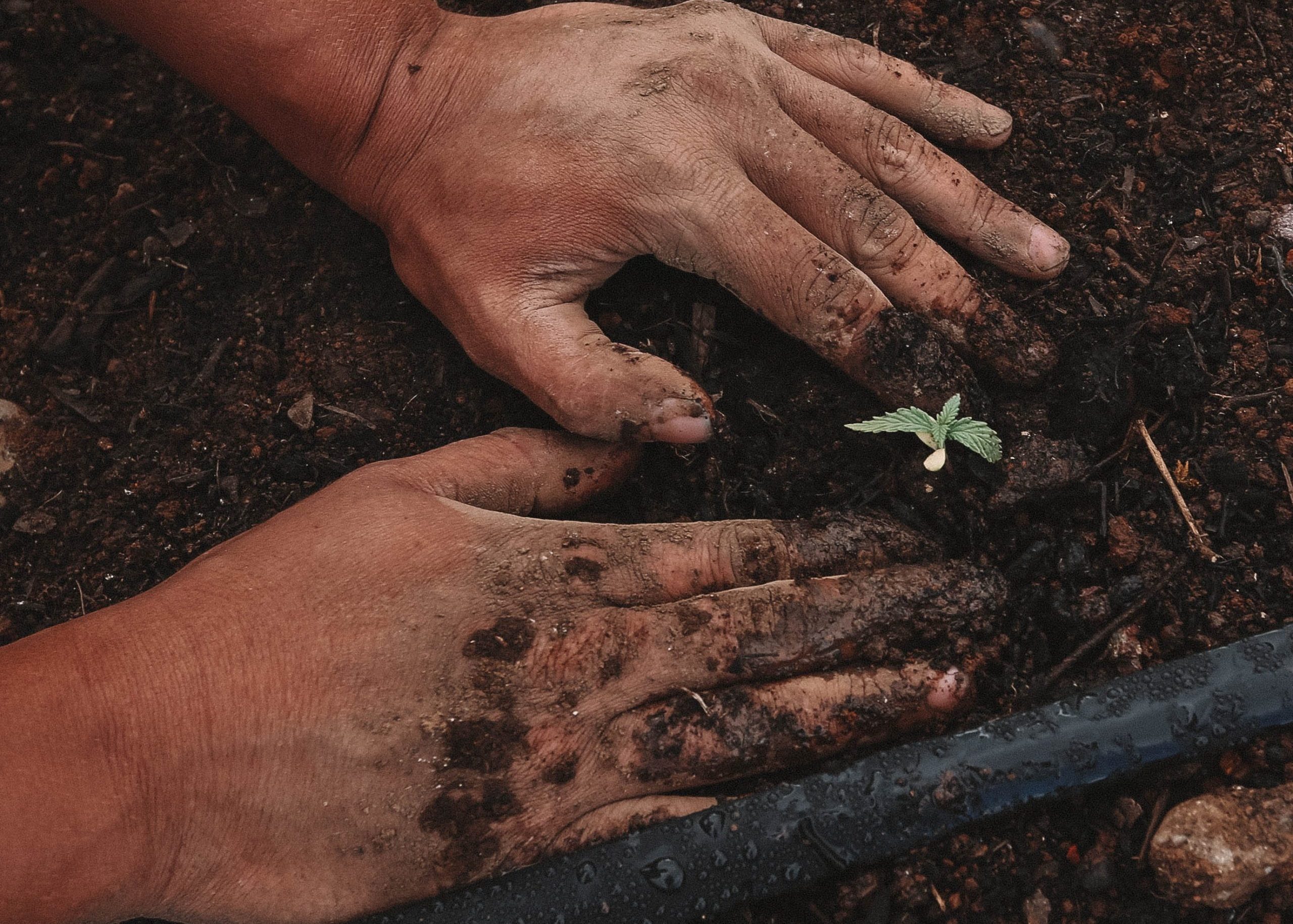
Our Story
In the summer of 2018, our founder Dave successfully launched the company Hemp 4 Tails in Kelowna, B.C. after witnessing first-hand the healing power of hemp oil in his dog.
Wanting to offer the same natural healing options to humans, Dave created Hemp and Body Co. with the goal to provide people with all natural solutions for pain, anxiety, inflammation, and overall health in their daily lives.
Our philosophy is centered around love for our pets, our bodies, and our planet. We believe hemp products of all types will play a critical role in the shaping of a healthier, more holistic future for the planet and the creatures on it.
Hemp & Body Co. will never test on animals, period. Our products are vegan with the exception of organic beeswax in our nourishing lip balm.

Earth-first philosophy
At Hemp & Body Co. we are aware of the complex and terrible impact that mass production has had on the Earth, and we don’t want to contribute to that problem. The materials used in our packaging can either be recycled or repurposed, and the packing peanuts that we use are 100% biodegradable in water. We are always working on plastic reduction.
Hemp & Body Co. supports Canadian farmers. Hemp is a carbon sequestering plant: it absorbs roughly 1.63 tons of CO2 for every ton of hemp grown. Our Canadian hemp supplier is certified as being both Carbon Neutral and also a B-Corporation. Hemp’s rapid growth makes it one of the fastest CO2-to-biomass conversion tools available. This is because hemp plants have a high rate of photosynthesis, which means they can convert sunlight into energy more efficiently than many other plants.
Commercial hemp production has a lower environmental impact compared to many other crops due to its ability to grow without the need for as many pesticides and herbicides as most other crops. Hemp also has a deep root system that can help prevent soil erosion and improve soil health. Additionally, hemp can be used as a rotation crop to improve soil quality for other crops. Furthermore, hemp requires less water to grow compared to other crops and can be grown in a variety of climates and soil types. This makes it a more sustainable option for farmers and can reduce pressure on water resources in areas where water scarcity is a concern.
If you have any questions or see anywhere we can improve our efforts, please reach out!
